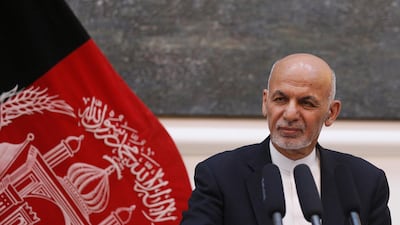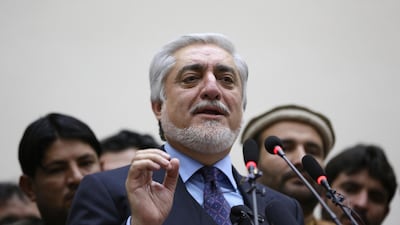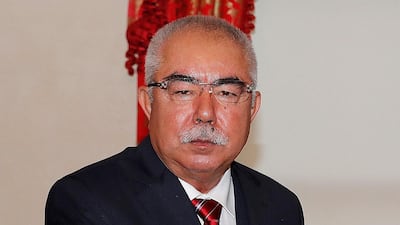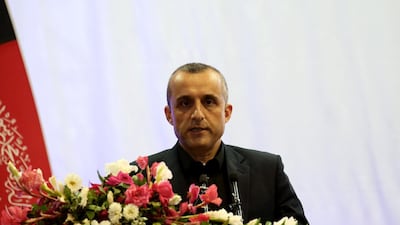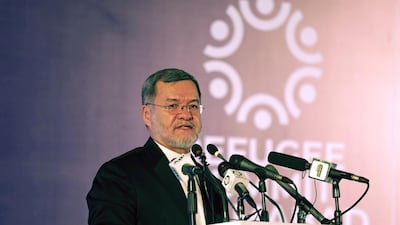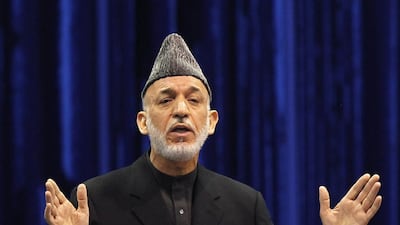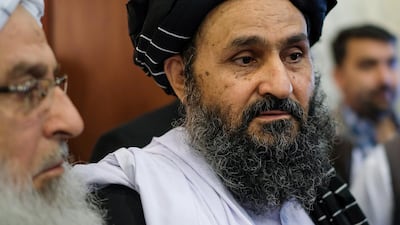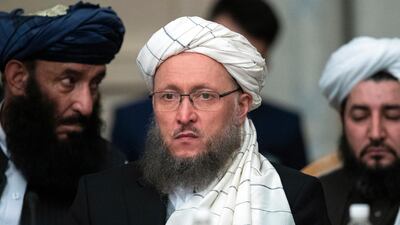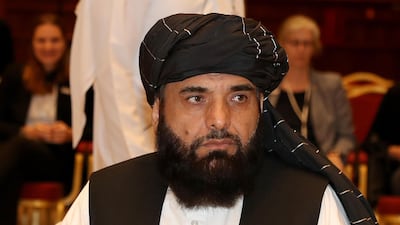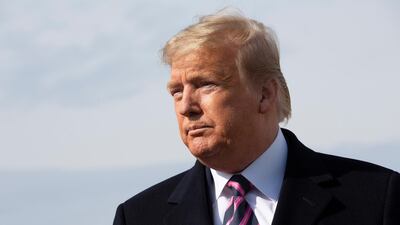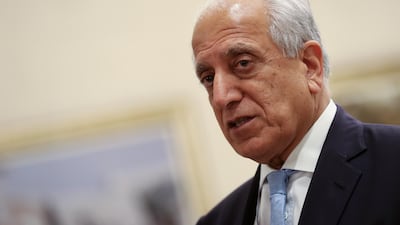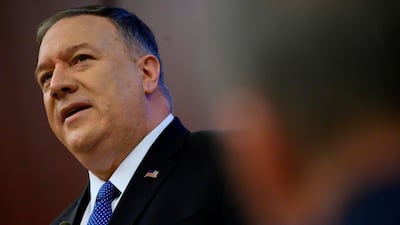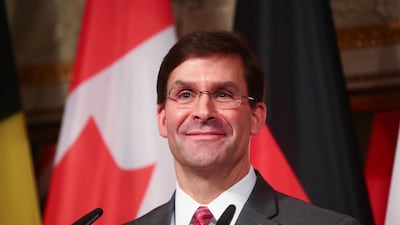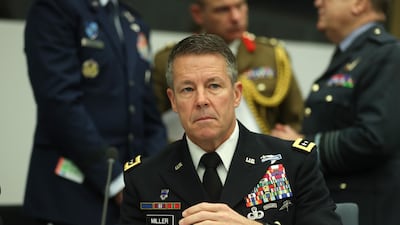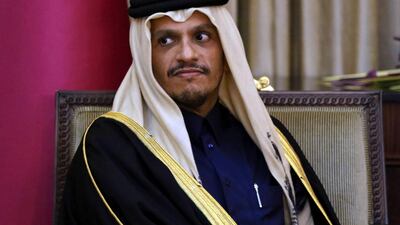Pakistan has issued orders to enforce financial sanctions against Afghanistan’s Taliban as the militant group is in the midst of a US-led peace process.
Islamabad’s foreign ministry said on Saturday that the sanctions were not new but had been laid out by UN regulations in 2015. The sanctions orders, which were issued on Tuesday, were similar to those sent in 2019.
The UN-imposed penalties affect dozens of people, including Taliban chief peace negotiator Abdul Ghani Baradar and several members of the Haqqani family, including Sirajuddin, the head of the Haqqani network and deputy head of the Taliban.
Many Taliban leaders, including those leading the feared Haqqani network, have lived in Pakistan since the 1980s. In those years, they were part of the Afghan mujahideen and allies of the US to end the 10-year invasion by the former Soviet Union. That ended in February 1989.
Many of the group’s leaders were known to own businesses and property in Pakistan.
The list of sanctioned groups included others besides the Taliban and was in keeping with a five-year UN resolution against the Afghan group, freezing their assets and restricting their travel. The Pakistan foreign ministry statement said the latest orders reflected those UN sanctions.
The timing of Pakistan’s decision to issue the orders again could be seen as a move to pressure the Taliban into a quick start to intra-Afghan negotiations, the next step in a peace deal signed in late February.
Taliban political spokesman Suhail Shaheen said on Saturday that the financial sanctions have been in place for some time. But he said any tightening of a ban on travel could hurt peace negotiations. While the first round will be held in Doha, Qatar, subsequent talks will be held elsewhere. Several countries, including Germany, have offered to host them.
“It will hamper the peace process if there is a travel ban on all members,” Mr Shaheen said in an interview. “There is a need for a relaxation of such curbs and embargoes because we are entering into another phase of [finding a] peaceful solution of the Afghan issue.”
The orders were issued as part of Pakistan’s efforts to avoid being blacklisted by the Financial Action Task Force, which monitors money laundering and tracks terrorist groups’ activities, security officials said.
Last year, the Paris-based group put Pakistan on a so-called greylist of countries with a high risk of money laundering and terrorism financing but which have formally committed to working with the task force to make changes. Currently, only Iran and North Korea are blacklisted, their international borrowing capabilities severely restricted. Pakistan is trying to get off the greylist, the officials said.
Pakistan has denied giving sanctuary to Taliban members after a US-led coalition forced them out of power in 2001, but both Washington and Kabul routinely accuse Islamabad of giving them a safe haven.
Still, it was Pakistan’s relationship with the Taliban that Washington sought to exploit to move its peace negotiations with the insurgent movement forward.
The US signed a peace deal with the Taliban on February 29. The deal was intended to end Washington’s 19 years of military engagement in Afghanistan, and has been touted as the country’s best hope for peace after more than four decades of war.
But even as the US has begun withdrawing its soldiers, efforts to start talks between Kabul’s political leadership and the Taliban have been stymied by delays in a prisoner release programme.
The two sides are to release prisoners – 5,000 by the government and 1,000 by the Taliban – as a goodwill gesture ahead of talks. Each side blames the other for the delays.
Kabul defied an order by a traditional loya jirga, or council, to release the last Taliban members it is holding and said it wanted 22 Afghan commandos being held by the Taliban freed first.
Besides the Taliban, the sanctions orders target Al Qaeda and an ISIS affiliate, which has carried out deadly attacks in Pakistan and Afghanistan.
They also take aim at outlawed Pakistani groups such as Tehreek-e-Taliban Pakistan, thousands of whom are believed by the UN to be hiding in remote regions of Afghanistan. The TTP declared war on Pakistan, carrying out one of the worst terrorist attacks in the country in 2014 killing 148 children and their teachers at an army school in Peshawar.
The sanctions orders also target outlawed anti-Indian groups considered allied with the country’s security services.

